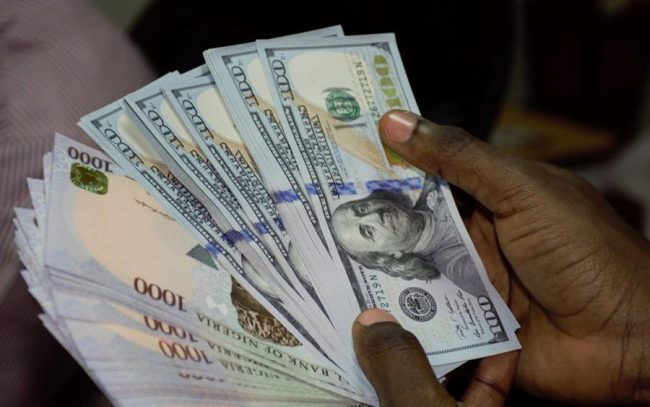Nigeria sees a significant rise in net foreign exchange (forex) inflows in the second quarter of 2024, reflecting an improvement in the country’s forex position despite ongoing challenges.
Data from the Central Bank of Nigeria (CBN) shows a 49.39% increase in net forex inflows, which reach $17.18 billion in Q2 2024, up from $11.50 billion in the previous quarter.
This growth is driven by higher inflows and lower outflows across both official and autonomous sources.
Breakdown of Forex Inflows
CBN data shows total foreign exchange inflows into Nigeria total $24.55 billion in Q2 2024, an increase from $22.26 billion in Q1. The majority of this increase comes from autonomous sources, which continue to play a key role in driving forex inflows. Key figures include:
- Inflows from autonomous sources rise from $14.17 billion in Q1 to $16.12 billion in Q2, an increase of $1.95 billion.
- Autonomous sources, including remittances, private capital inflows, and other private sector transactions, remain a significant driver of forex inflows.
- Inflows via the CBN increase slightly from $8.09 billion in Q1 to $8.43 billion in Q2, highlighting the CBN’s efforts to stabilize the forex market by managing both inflows and outflows effectively.
The rise in autonomous inflows underscores the resilience of market-driven sources amid Nigeria’s ongoing forex challenges, improving liquidity.
Decline in Forex Outflows
Alongside higher inflows, forex outflows decrease significantly, contributing to the overall net inflow improvement.
- Total forex outflows drop by 31.51%, from $10.77 billion in Q1 to $7.37 billion in Q2.
- Outflows through the CBN decrease by 36.06%, from $8.92 billion in Q1 to $5.71 billion in Q2, reflecting more stringent forex management aimed at curbing capital flight and prioritizing essential dollar allocations.
- Outflows through autonomous sources also decline by 8.79%, from $1.82 billion in Q1 to $1.66 billion in Q2, indicating reduced demand for foreign currency or tighter controls on capital flows.
The combined effect of increased inflows and reduced outflows results in a 49.39% rise in Nigeria’s net forex position, reaching $17.18 billion in Q2 2024, up from $11.50 billion in Q1. Autonomous sources record a net inflow of $14.46 billion, up from $12.35 billion in Q1, while the CBN reverses its position from a net outflow of $0.85 billion in Q1 to a net inflow of $2.72 billion in Q2.
Exchange Rate Depreciates Despite Forex Gains
Despite the rise in net forex inflows, Nigeria’s exchange rate faces continued depreciation pressures.
The average exchange rate at the Nigerian Foreign Exchange Market (NFEM) depreciates by 5.86%, reaching N1,385.96 per US dollar in Q2 2024, compared to N1,304.72 per dollar in Q1. However, the Naira weakens further after Q2, with the official exchange rate moving towards N1,650 per dollar, while the parallel market rate reaches around N1,750 per dollar.
Market observers attribute the ongoing depreciation to strong demand pressures, exacerbated by supply challenges, particularly in the retail forex market. As supply remains constrained, forex suppliers continue to set prices, pushing the exchange rate lower despite the increase in net forex inflows.













